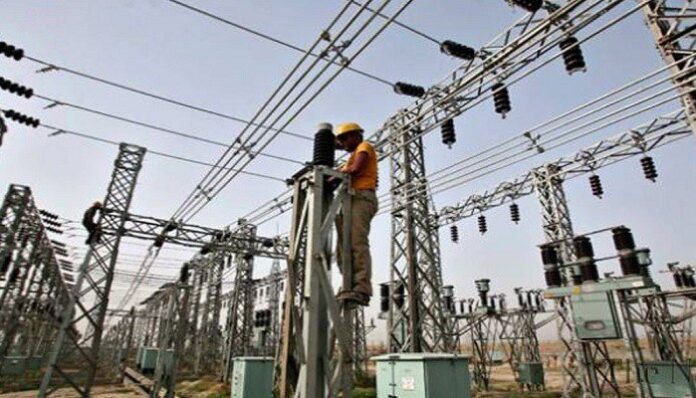We’re constrained by dispatch capacity not generation – GENCOs
Story from Abah ADAH, Abuja
The electricity generation companies (GENCOs) in Nigeria have stated that though they have the capacity to generate more power and put on the national grid than what is currently obtainable but are constrained by the dispatch capacity of the transmission system.
The Executive Secretary (ES), Association of Power Generating Companies (APGC), Dr Joy Ogaji, made the clarification on a power sector social media platform Saturday in response to a comment that there was a drop in generation, resulting in the NCC (National Control Centre) reducing load allocation to Abuja.
Dr Ogaji expressed concern that people keep blaming the poor power supply in the country on lack of adequate generation whereas the GENCOs are not allowed to do their capacities due to dispatch constraint as any load generated must be transmitted to load centres for onward distribution instantly to avoid damage to the system.
“Bear in mind, and as my fellow power and electrical engineers might agree with me, that power is instantaneous- meaning it must be consumed as it is generated. There may be many reasons for the “seemingly perceived poor or lack of generation “. I want to state for the records that no single generation company is allowed, by the system, to send out its available capacity. I stand to be corrected with facts not political claims. I repeat! all GenCos are sub-optimally dispatched ( with many units idle even the PRG backed plants ),” she said.
Maintaining that capacity utilisation is often used as a measure of productive efficiency, Dr Ogaji said “higher utilisation can reduce unit costs, bringing about a more competitive market which makes plants financially viable”.
She also disclosed that frequency analysis which was carried out for January through October, 2021 showed that there was no one day that the grid kept to the grid code requirements as contained in Section 15.3.1 of the Grid Code which states that “The Frequency shall be maintained at 50 Hz.
“The National Control Centre would endeavour to control the System Frequency within a narrow operating band of +/- 0.5% (49.75-50.25 Hz) from 50Hz at least 97% of the time during normal conditions,” she said.
In a swift response from electricity consumers’ perspective, the President, Nigeria Consumer Protection Network (NCPN) and member, Presidential Adhoc Committee on Review of Electricity Tariff in Nigeria then, Mr Kunle Olubiyo, regretted that Nigeria had not been able to reach an all time peak generation utilisation and dispatch of 6 ,000MW with all the huge investments made by successive administrations in the Power Sector.
“All that we want as end users is
increase in load generation that will be matched with corresponding increase in
load despatch by TCN, and load utilisation by the distribution companies downstream,” he said.
Eight years after privatising the upstream (generation) and the downstream (distribution) of the Nigerian power section, leaving the middle segment of transmission with government, with a very tall expectation regarding improvement in power supply, the people now see the move as a misadventure as the fortunes of power supply in the country have continued to nosedive instead.
With an acclaimed available generation capacity of about 7,500 mega watts (MW), power usually made a available to the over 200 million residents across the country has been hovering between 3,500MW and 4,500MW, except for the few times the system broke record, hitting 5,800MW or thereabouts.
Follow the Neptune Prime channel on WhatsApp: https://whatsapp.com/channel/0029Va74ZvU2v1IqKByXoX3d
Do you have breaking news, interview request, opinion, suggestion, or want your event covered? Email us at neptuneprime2233@gmail.com


